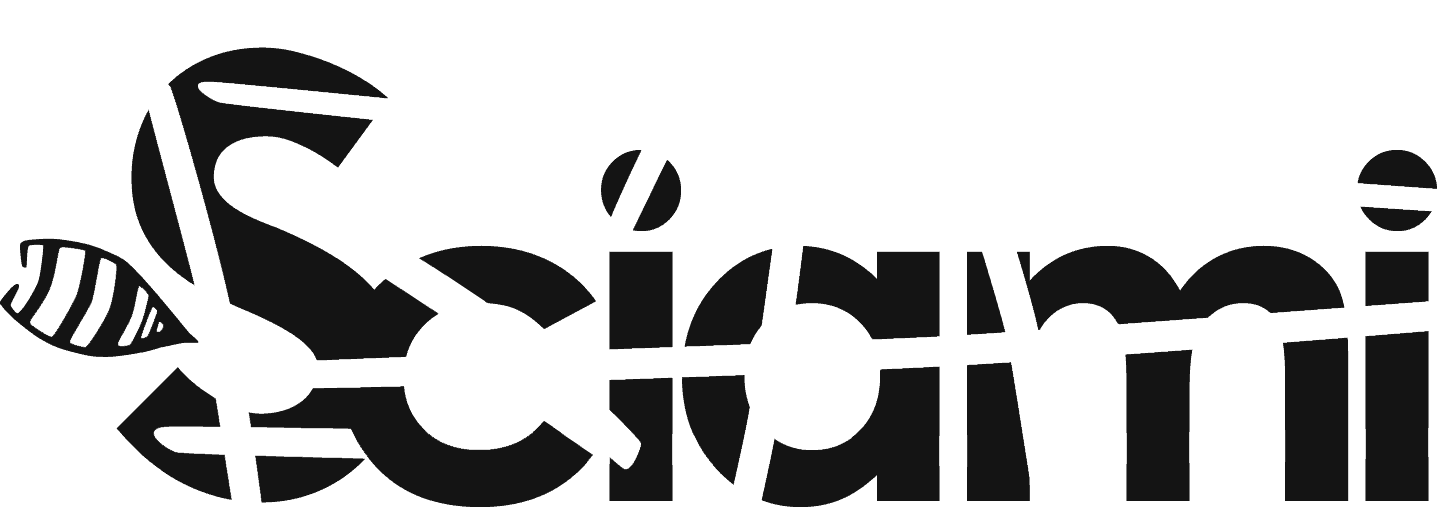translated from Italian by Thomas Haskell Simpson
In this, the third issue of Sciami/Richerche, presences, voices and thoughts harmonize into a chorus, despite having found themselves together by chance. Less by chance have we chosen to assemble their voices together.
Each one intones a motif, unspooling an act of opposition against a culture and art deprived of vital, human historical content, which doesn’t investigate times and places, doesn’t excavate the present, and dares not put itself at risk.
The voices are fixed on driving the enemy into the open and facing it squarely. Judith Malina asserts the primacy of truth over technique as a working method for we who live on theater. She identifies the scream as a manifestation encompassing human suffering, and Harmony—composed of exploding tensions—as the outcome of listening and breathing together. Guy Rosolato echoes Judith Malina’s scream, describing it as “the excitation of living matter, whether in pain or pleasure […]. (Guy Rosolato, ivi).
Riccardo Fazi’s reflection on time, as seen in a selection of European spectacles produced over the past five years, interrogates voices that continue to speak in the present tense, asks how what comes from the past lives in the present, and speaks to my present. “What are the possibilities for interpretation and re-appropriation of the past?,” he asks, “and what utopian modalities of relation with the future serve as a reflection (with consequent action) on present Time? What responsibilities do artists take on when confronting the question of time, what identities do they trace, and what utopias of thought and practice do they offer to the gaze and thought of the spectator who imagines and wishes to be ever more part of a dreamed, imagined, desired community?” (Riccardo Fazi, ivi).
Mariangela Gualtieri’s text considers the actor by tracing a line that plunges deep toward the foundation, the animal, the subhuman, and lifts upward toward the superhuman and divine, in a movement without polar opposites, except perhaps in the sense of extraneity from the dimension of the quotidian. In the spectacles of her company, Teatro Valdoca, the dramatic personae are transfigured by masks that function as “transitional objects for a rite of passage” toward a place outside constituted society, a separate place where one can discover own’s own voice and visage. My visage is the affirmation of difference and the cancellation of individuality, both necessary to gain access to communication with the divine. “The stage is always a quadrilateral of horror and wonder in which facts, events, and the social hover in their archetypical, ancient, mysterious face, always in a state of present rebirth.” (Mariangela Gualtieri, ivi).
Marc Mercier’s effective action consists in tracking video art festivals irradiating across the Mediterranean basin, declaring, “The State of Poetic Urgency!” The raison d’être of these festivals today, he maintains, is to create focal points of resistance to visual signs, “creating space-time where women and men come together to sharpen their gaze, take time to contemplate images, and think about them collectively.” This is the opposite of what is passed off by the public and private institutions that exalt digital culture, a melting pot where “the artistic quality of the work matters little; it’s enough that they be ‘interactive’, ‘immersive’, and so on. And they must provide a positive, attractive, entertaining image for the new liberal digital economy.” (Marc Mercier, ivi)
All this thinking reverberates with a way of living and operating in art that is contrary to the reigning regime of behavioral and mental/existential attitudes, which are aimed at dismantling conflict, rendering it impracticable and inoperative. On the contrary, the contributors to this issue bring confrontation, disagreement, and divergence to a boiling point.
Taking in hand an adversary’s issues through dialogue, argument, and confrontation produces a wound, a laceration that opens a possibility of new truths. Debate involves an argumentative procedure that requires logical methods, obligatory steps in discourse in order to prove a thesis. It is not important so much to convince one’s interlocutor: the verbal and conceptual clash may not ultimately produce winners and losers.
Our goal is to focus the conflict and combat the common opinion that the present is incapable of sustaining conflict. What matters is to hold divergent perspectives, not so much to arrive at a synthesis of opposites, nor to dissolve opposition, but to achieve—perhaps—an embodiment, a self-opening, and a making space for the other.
“There is no growth without trauma”, wrote Heiner Müller, whose portrait of the ruins of Europe—encircled by the destruction brought on by Nazism and the heartless disillusionment resulting from Communism—produced devastating images.
